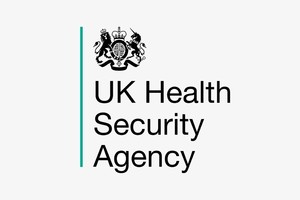Source: https://www.statnews.com/2022/04/14/...oung-children/
U.S., U.K. investigating unusual cases of hepatitis in young children
By Helen Branswell April 14, 2022
Public health officials in the United States and the United Kingdom are investigating a number of unusual cases of serious hepatitis in young children, the cause or causes of which are currently unknown.
Evidence from the U.K. and from Alabama — where nine cases have been recorded since last fall — points to the possible involvement of an adenovirus. Adenoviruses generally attack the respiratory tract, causing cold-like illnesses. But they have been linked to bladder inflammation and infection, and occasionally to hepatitis, though rarely in children who are not immunocompromised.
In a statement issued late Thursday, the Centers for Disease Control and Prevention said it is working with Alabama on its investigation into the cases, and is working with other state health departments to see if there are other cases elsewhere. In an alert to doctors the Alabama public health department issued in early February, it mentioned being aware of a case in another state, but it did not give details...
U.S., U.K. investigating unusual cases of hepatitis in young children
By Helen Branswell April 14, 2022
Public health officials in the United States and the United Kingdom are investigating a number of unusual cases of serious hepatitis in young children, the cause or causes of which are currently unknown.
Evidence from the U.K. and from Alabama — where nine cases have been recorded since last fall — points to the possible involvement of an adenovirus. Adenoviruses generally attack the respiratory tract, causing cold-like illnesses. But they have been linked to bladder inflammation and infection, and occasionally to hepatitis, though rarely in children who are not immunocompromised.
In a statement issued late Thursday, the Centers for Disease Control and Prevention said it is working with Alabama on its investigation into the cases, and is working with other state health departments to see if there are other cases elsewhere. In an alert to doctors the Alabama public health department issued in early February, it mentioned being aware of a case in another state, but it did not give details...







Comment